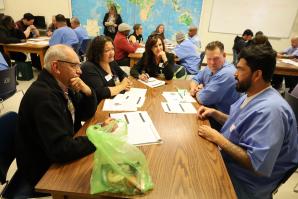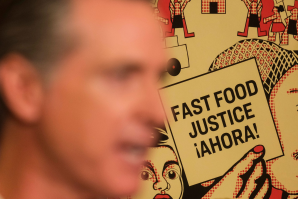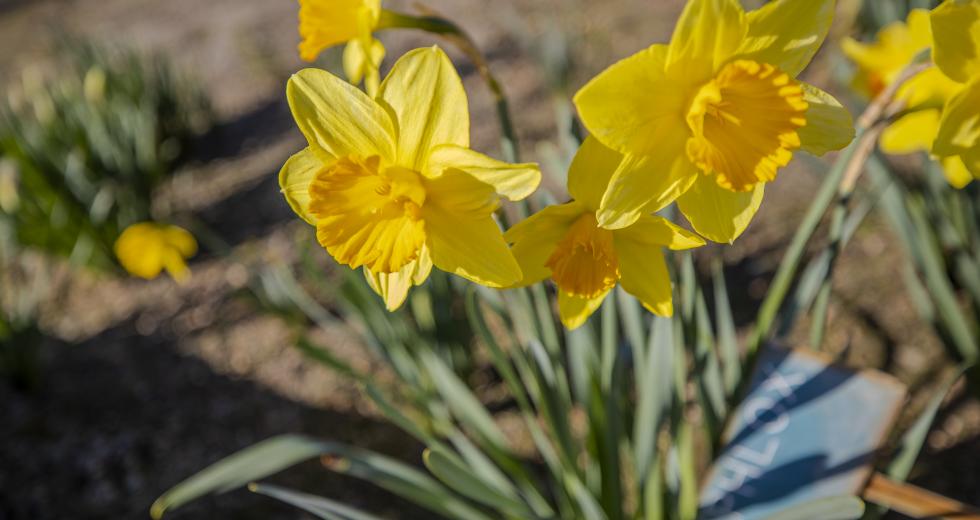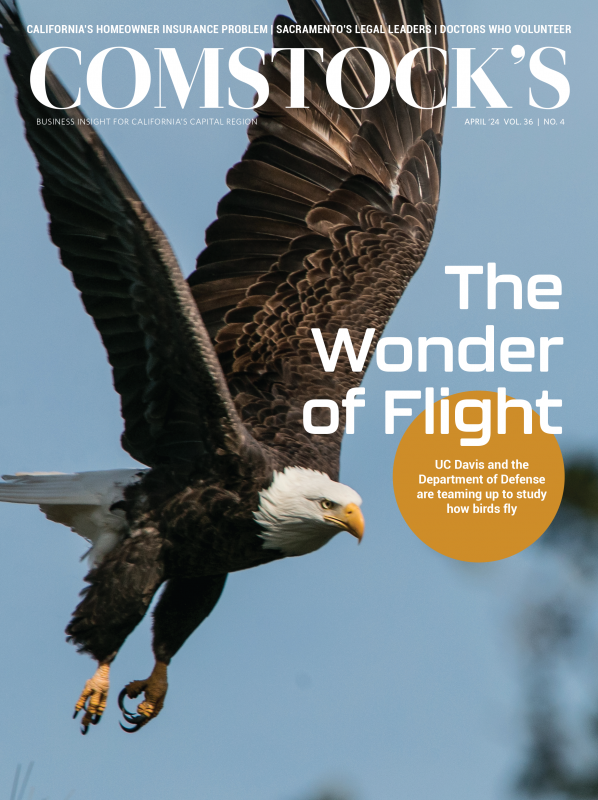CBS News reported last month — on the first day of spring, no less — that the U.S. was no longer among the 20 happiest countries in the world. While I usually take stories like this with a grain of salt, it made me wonder, closer to home, if we’re still a generally happy region. Are we? I actually don’t know.
We always thought we were. As we routinely touted all of the area’s grand amenities, as well as all the destinations just a short drive away, the overarching feeling was that in Sacramento we enjoyed a certain and quite special quality of life. After all, our greater Sacramento area had the sophisticated pluses of city life. We had (and still have) top-notch education, global and influential homegrown companies, and public transportation. We could hear great music, see dance and theater, dine in fine food and hundreds of ethnic restaurants, and take in professional sports.
And unlike a lot of cities, we could have a year-round outdoor life — with numerous parks, golf courses, equestrian centers, the American River Parkway and hiking trails. We had (and still have) magnificent rivers to raft on, swim in or just gaze peacefully upon.
I’m using those parenthetical “and still have” remarks because I think COVID changed not only the way we live here but also how we feel about the way we live. More than two years past the pandemic, we see some of our more magnificent office buildings barely occupied, our once bustling weekday streets listless, and what was once an indefinable but definite excitement about living here start to slide into a sort of lazy dissatisfaction — what the French call “ennui.”
Certainly, we still get worked up about our Sacramento Kings, River Cats and Republic FC, and we can always expect basketball, baseball and soccer fans to come into town and fill up our restaurants and bars. But, just as it used to be said of our state Legislature, when it wasn’t in session, Sacramento could seem like a ghost town. The same thing happens when there isn’t a game going on.
In years past, Second Saturday drew crowds of art lovers to downtown and Midtown gallery show openings. It soon became a reliable “pub crawl” (not everyone wanted to look at or purchase art), but it was civilized and festive. When you hit the streets here, you felt you were really somewhere.
Well, we’re still in there punching. In the WalletHub survey of the happiest U.S. cities in February, Sacramento came in at number 63 out of 183 “happy” municipalities, determined by three main categories: emotional and physical well-being, income and employment, and community and environment. (Fremont, our largely industrial neighbor 105 miles to the southwest, was number 1. We might want to ask for a recount.)
Maybe we’re doing the best that we can; maybe we can do better. Downtown sprung back to life once the Golden 1 Center opened in 2016. And with the addition of DoCo and its many stores and eateries, it looked like we had a new hub. State and other office workers had lunch or cocktails there. A new vibrancy was in the air.
Certainly, COVID changed that, but so did its accompanying aftermath of people deciding they liked working from home so much they’d continue to do so once the health dangers dissipated. Without people in the beautiful buildings during the day, there was no one to linger downtown into the evening. People didn’t want to drive downtown, unless for an event, as they might have before. Restaurants felt the pain, and many closed, as did other businesses that had relied on walk-in traffic during the day and into the evening.
It’s also discouraging to mention it over and over, but the ongoing challenge of homelessness has gone a long way to turning downtown into an undesirable destination. Crime, too, remains an issue. Yet even though we’re filled with leaders here as the state capital and the county seat, not one has been able to step forward with a solution that all of his or her colleagues can agree on. You’d think that with a governor, board of supervisors, mayor and city council within a few blocks of one another (even though the route to each office is littered with tents, drug paraphernalia and horrible waste), one or more of them would be able to stand up and say, “This has to end.”
My own plan is to keep believing in this remarkable region. I always will, and that’s why I moved here (the big city) from the quaint little town of Nevada City. I want to keep speaking out about the many marvels of our region (there are so many) and the shortcomings that we all keep hoping we’ll find solutions to. Regrettably, I don’t believe solutions will come from elected leaders (please prove me wrong).
So, could business return the vibrancy of Sacramento? Maybe. But the first step is for businesses themselves (and the people who work in them) to return, perhaps starting with government workers. Vibrancy is sure to follow, just like spring after a winter of darkness and cold. Spring gives us hope to be reborn and bloom again. May this spring give all of us new hope that we can bloom again.
Winnie Comstock-Carlson
President and Publisher
–
Stay up to date on business in the Capital Region: Subscribe to the Comstock’s newsletter today.
Recommended For You

From Steno Pads to C-Suites: We’ve Come a Long Way
In light of our Women in Leadership issue, Comstock’s President and Publisher Winnie Comstock-Carlson reflects on how far we’ve come.

Is Education’s Future Safe — or Artificial?
Comstock’s president and publisher Winnie Comstock-Carlson weighs in on the future of education with AI.

A Time for Inspiration
Why do we so often abandon our New Year’s resolutions? Comstock’s president and publisher Winnie Comstock-Carlson wishes readers a Happy New Year while contemplating the comparative power of inspiration.

Fondly Remembering the Good Ol’ Days
It was the age of the milkman, the gas attendant and free paper bags. Comstock’s president and publisher reminisces about a simpler time before all the automation.

What Does Real Prison Reform Look Like?
Comstock’s president and publisher argues the benefits of inmate education programs.

The Wage of Innocence?
Comstock’s president and publisher reflects on minimum wage and the value of work.





